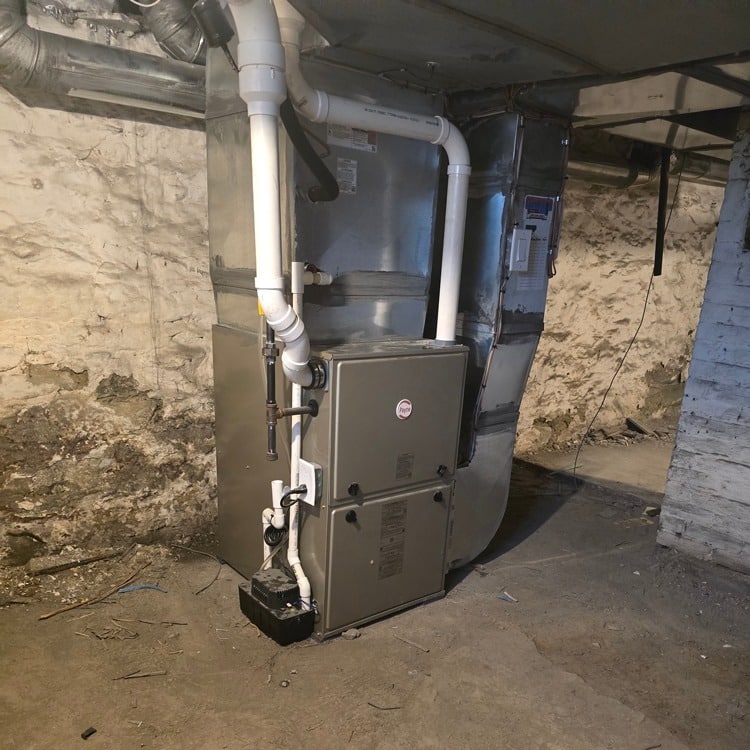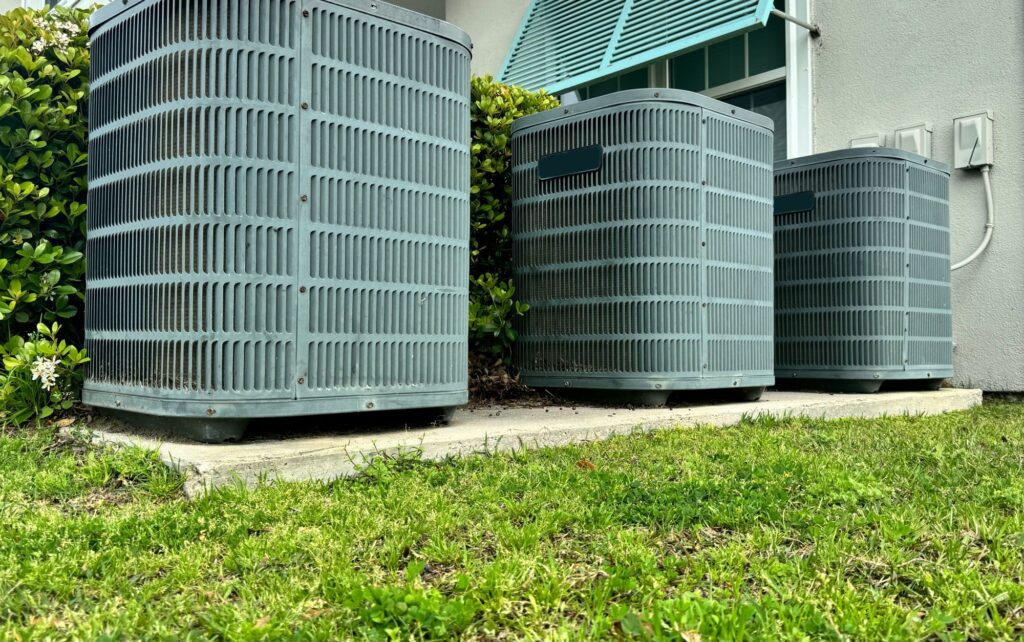10 Essential Tips to Prevent Issues with Your Heating System
Your heating system is vital for maintaining comfort during colder months, and regular maintenance is key to ensuring it operates smoothly throughout the season. At Oakey’s HVAC, we are dedicated to providing top-notch heating services, including repairs, installations, and maintenance. To help you avoid unexpected issues and costly repairs, we’ve compiled a list of essential tips to keep your heating system in optimal condition.
1. Schedule Regular Maintenance
One of the most effective ways to prevent issues with your heating system is to schedule regular maintenance. Having a professional technician inspect and service your system annually can help identify and address potential problems before they become serious. Regular maintenance includes checking and cleaning components, inspecting for wear and tear, and ensuring that your system is operating efficiently. At Oakey’s HVAC, our maintenance services are designed to keep your heating system running smoothly and extend its lifespan.
2. Replace Air Filters Regularly
Air filters play a crucial role in maintaining your heating system’s efficiency. Dirty or clogged filters can restrict airflow, causing your system to work harder and potentially leading to overheating or damage. To prevent these issues, replace your air filters regularly—typically every 1 to 3 months, depending on usage and the type of filter. Regularly changing filters ensures better air quality and optimal performance of your heating system.

3. Keep Vents and Registers Unblocked
Ensure that your heating system’s vents and registers are not obstructed by furniture, curtains, or other items. Blocked vents can restrict airflow, leading to uneven heating and increased strain on your system. By keeping vents and registers clear, you allow your heating system to distribute warm air evenly throughout your home, enhancing comfort and efficiency.
4. Seal Duct Work Leaks
Leaky ducts can lead to significant heat loss and reduced efficiency in your heating system. Inspect your ductwork for any visible leaks or damage and have them sealed by a professional if needed. Properly sealed ductwork helps maintain consistent temperatures and reduces the strain on your heating system, leading to lower energy bills and improved performance.

5. Inspect and Clean the Furnace
Your furnace is a key component of your heating system, and keeping it clean and in good condition is essential. Inspect the furnace for any signs of dirt, debris, or damage, and schedule a professional cleaning if necessary. A clean furnace operates more efficiently and reduces the risk of issues such as overheating or malfunctioning.
6. Check and Maintain Thermostat Settings
Your thermostat controls the operation of your heating system, so it’s important to ensure it’s functioning correctly. Test your thermostat to make sure it’s accurately reading and maintaining the desired temperature. Consider upgrading to a programmable thermostat for added convenience and efficiency. Regularly calibrating and maintaining your thermostat helps ensure that your heating system operates as intended.
7. Insulate Your Home
Proper insulation is crucial for maintaining the efficiency of your heating system. Insulating your home helps prevent heat loss through walls, windows, and doors, reducing the workload on your heating system. Check for drafts and gaps around windows and doors, and consider adding insulation to attic spaces and walls if needed. Proper insulation contributes to a more comfortable home and improved energy efficiency.
8. Clear the Area Around Your Heating System
Keep the area around your heating system clear of clutter, debris, and flammable materials. Adequate space around your system allows for proper ventilation and reduces the risk of fire hazards. Regularly clean the area around your heating system to ensure safe and efficient operation.
9. Test Your Heating System Before Cold Weather Hits
Before the colder weather arrives, test your heating system to ensure it’s functioning properly. Turn on your system and check for any unusual noises, issues with airflow, or inconsistencies in heating. Address any problems early on to avoid unexpected breakdowns during the winter months.
10. Educate Yourself on System Operation
Understanding how your heating system operates can help you identify potential issues and perform basic troubleshooting. Familiarize yourself with the system’s controls, maintenance requirements, and common problems. Being knowledgeable about your heating system allows you to take proactive measures and seek professional help when needed.
Preventing issues with your heating system involves regular maintenance, proper care, and attention to detail. At Oakey’s HVAC, we are committed to helping you keep your heating system in top shape through our expert services. By following these tips, you can enhance the efficiency, reliability, and longevity of your heating system, ensuring a warm and comfortable home all winter long. If you need professional assistance or have any concerns about your heating system, don’t hesitate to contact us. Our team is here to provide the support you need to keep your home comfortable and energy-efficient.

